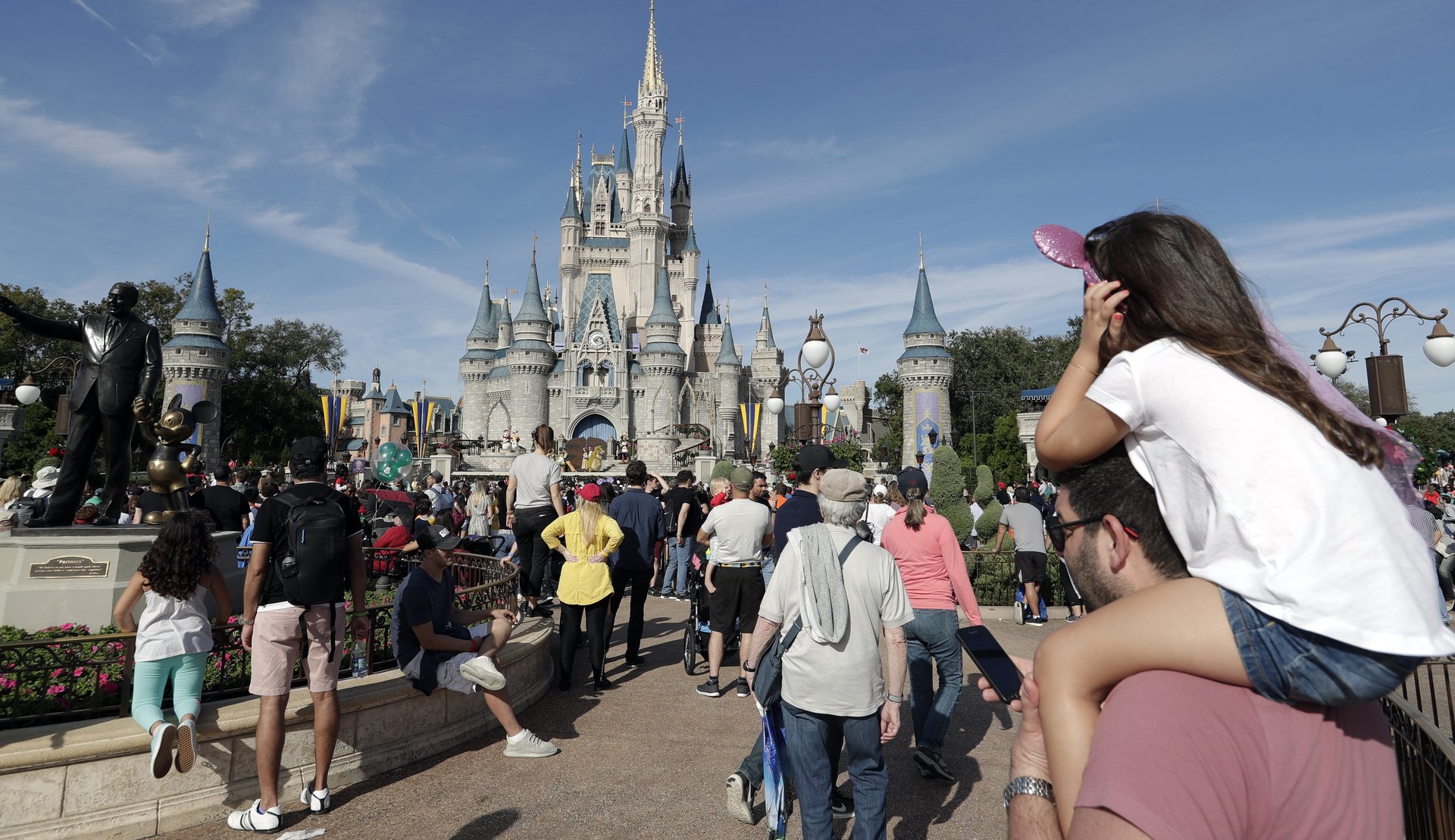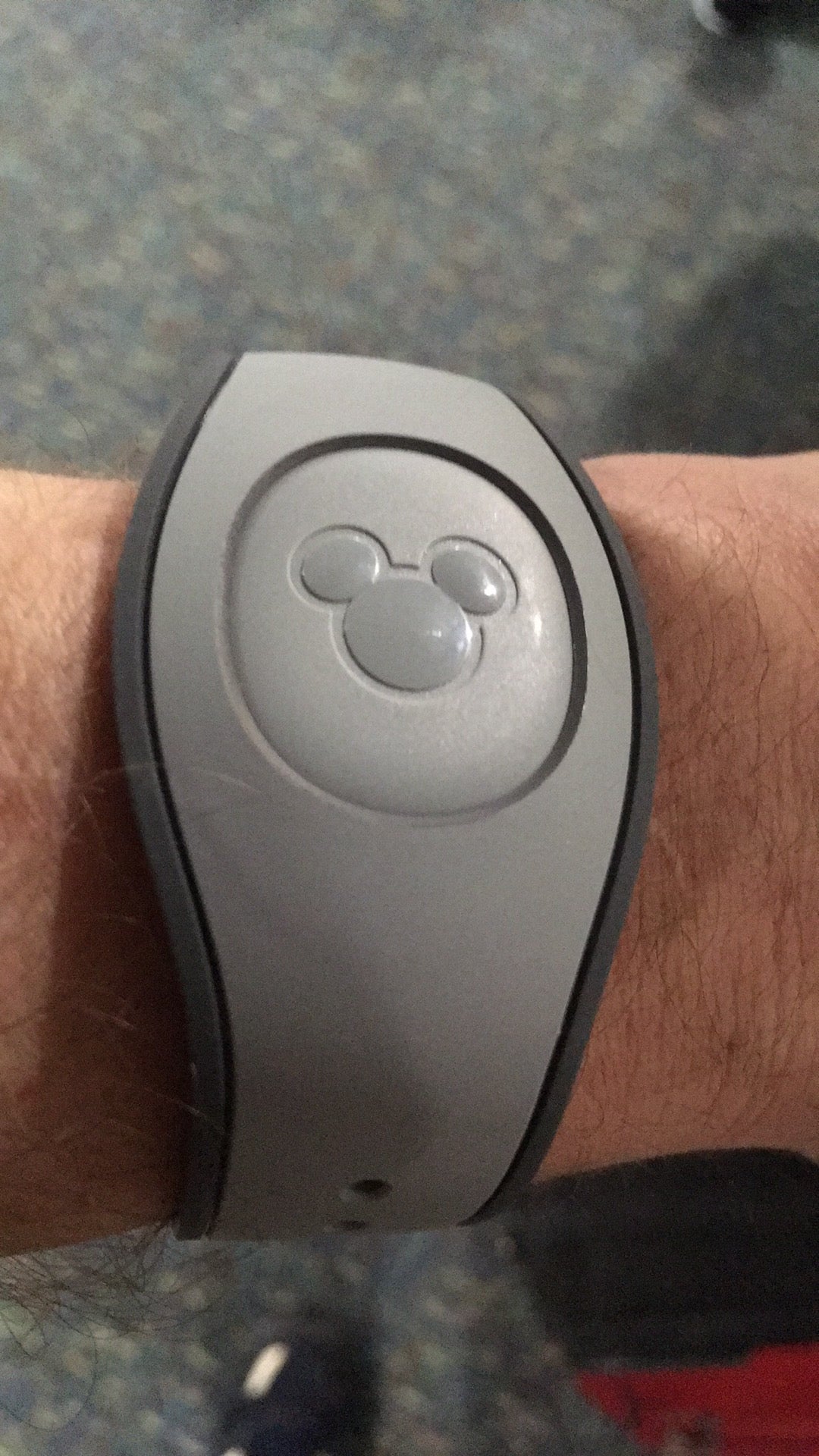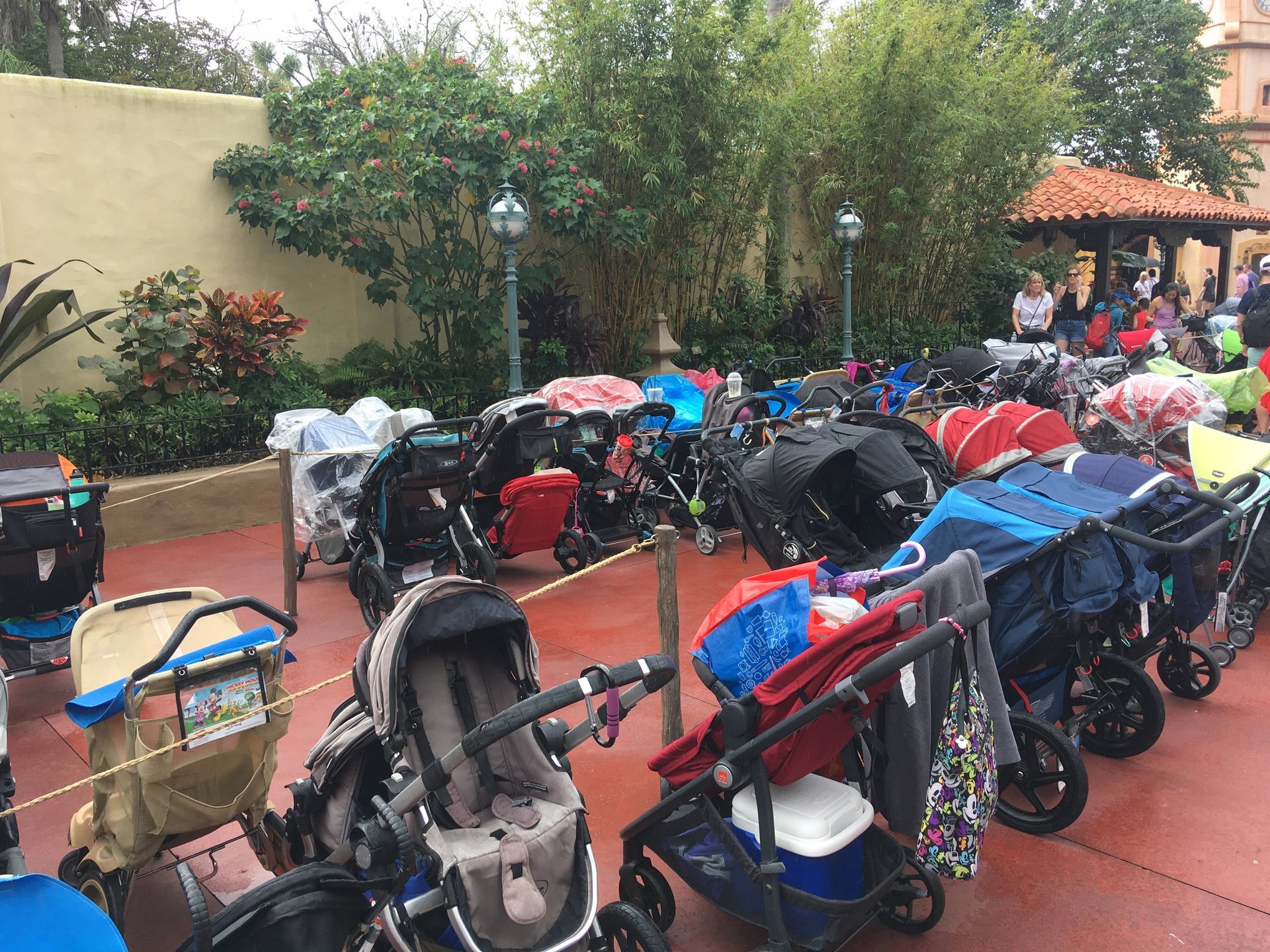How I learned to survive Disney and love the Mouse
Last weekend, sitting at the breakfast table, my smart and sophisticated wife had a confession. “I miss Disney,” she said.


Last weekend, sitting at the breakfast table, my smart and sophisticated wife had a confession. “I miss Disney,” she said.
I know how she felt.
We are not Disney People. If anything, we are anti-Disney People, suspicious of corporations, chain stores, and controlled environments. But a decade-long campaign by our children eventually wore us down, and we decided to bite the bullet before our oldest became a teenager and aged out. This was a one-time deal, I told the kids. We are going to get this out of our system.
We booked three days at Disney World for February, and after consulting with genuine Disney People, we reserved rooms, meals, and even rides over a month in advance. You can’t over-plan Disney, we were told.
The Full Disney Experience begins well before departure. A few weeks before we left, a package arrived with our Magic Bands. These wristbands would serve as room keys, passes for rides, and effectively debit cards. It was a given that the park would be tracking our movements, and we joked about the great Mickey Eye in the Sky, monitoring us from above.

When we finally arrived in Florida, it was to the immediate warm embrace of the Most Magical Place on Earth™. Orlando may be a wonderful city, but we only saw its highways from the window of our Disney Magic Express bus, which conveyed us to our Disney hotel, where we recreated at the Disney pool and arcade, and ate at the Disney restaurants. Just about everything could be charged to our wristband, even booze. Tipping, however, was more complicated, and I felt sorry for the army of servers whose incomes might be casualties of all that convenience.
The Mickey mafia
In the morning, a shuttle whisked us to the Magic Kingdom, Disney World’s original theme park. While I felt prepared—I had been to Disneyland in California as a child—it was still hard not to feel overwhelmed by the teeming vastness of the place. We walked and walked and walked, hustling from one end of the park to the other to make our various appointments for rides and meals. My wife was wearing her Fitbit, and at home she struggles to reach 7,500 steps. In one day at Disney, she crested 25,000.
The huge expanse and enormous crowds could have rendered our days miserable, but they were not. Disney’s reservation system allows you to cut lines on designated attractions. There are bathrooms and water fountains everywhere. The restaurants were jammed, but we always found a place to sit. When my children transgressed in some minor way, Disney employees very gently corrected them.
On our peregrinations from Tomorrowland to Frontierland and back, we were joined by hordes of other families, many—in what can only be described as an act of astonishing bravery—pushing strollers with squirming toddlers.

All of these families were draped in Disney T-shirts, and a surprising number wore matching shirts, emblazoned with some variation of “Johnson Family Vacation 2020.” Many of the shirts depicted versions of Mickey Mouse, and Minnie Mouse ears—with the bow—were everywhere. Not just on children (including my daughter, who insisted), but also on adults.
Mickey and his friends are puzzling characters to inspire such devotion. Unlike Bugs Bunny or Woody Woodpecker, whose cartoons were ubiquitous when I was growing up, I rarely saw Mickey Mouse content as a kid, and my children haven’t seen much either. Disney’s are characters without stories or backstories. Bugs Bunny likes carrots and is a wiseacre, but Mickey is a cypher. I couldn’t tell you anything about his predilections.
My curmudgeonly view on the T-shirts was that Disney didn’t need my help with its advertising, but I began to see that wearing Disney paraphernalia was part of the collective experience–like sporting your university’s sweatshirt at the homecoming game. The T-shirts weren’t souvenirs that visitors donned a day early; they were part of a uniform the park goers were eager to adopt. And Mickey’s blandness makes him a perfect choice for an emblem pledging fealty to Disney—he’s more corporate logo than character.
Sweet surrender
I realized that getting the most out of Disney meant surrendering to it. It meant plunging into a bubble of corporate benevolence, where we were sheltered from the storm and stress of the world outside. During our visit, coronavirus was beginning to spread outside China, but at the park I saw no face masks. The US has never felt more polarized and viciously partisan, but even in the heated days of primary season there was virtually no sign of politics. We must have walked past 100,000 people in three days, but I saw just one lonely MAGA hat.
If the outside world is messy, Disney is clean. If it’s chaotic, Disney is organized. If it’s harsh, Disney is gentle. If the world provokes confusion, Disney offers reassurance. Here, everything is going to be fine.
When we talked to other park guests, they were often surprised, and a bit pitying, that this was our first trip. Many were repeat visitors, and while they considered it unfortunate that we had missed out up until now, they were happy that we had seen the light, that we had become Disney People. For them, vacationing at the same place year after year seemed not just normal, but desirable.
Thinking too hard about this mass self-hypnosis leads to unpleasant, un-Disney thoughts. The Disney impulse is an authoritarian impulse. At some level, this is what we all want: to be cared for, to have no worries, to know our children are safe and happy. We respond to politicians who promise us those things. While many people wouldn’t want to live a Disney life, there are also many Americans who would take that deal: a leader who will take care of us, so long as we don’t ask too many questions.
When we emerged from our Disney bubble, I was confronted with a long list of emails and messages that needed my attention. We had missed a key Democratic debate. The Dow Jones was teetering. Coronavirus was advancing. Things looked bad out in the real world, and there was no assurance they would get any better.
I started thinking about our next Disney vacation.